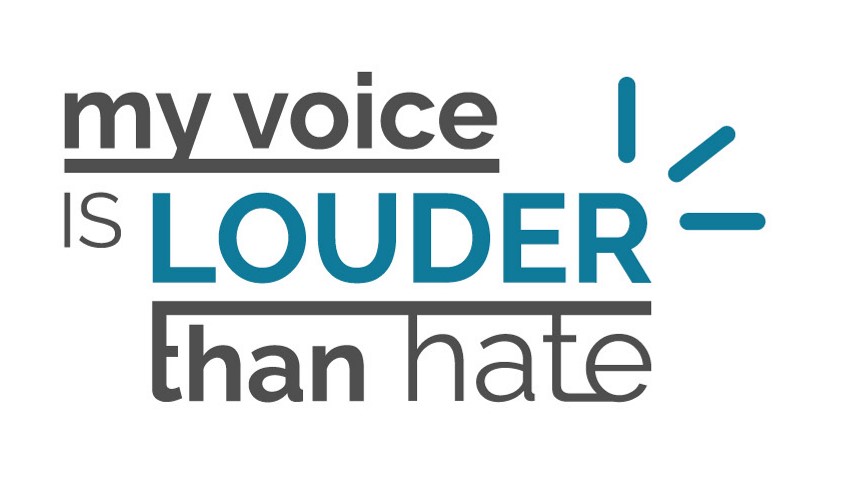Alberta – Physical Education and Wellness Grade 5
Safety
A lifetime of optimal well-being is supported by prioritizing health and safety.
Guiding Question
How can responsibility lead to a desired outcome?
Learning Outcome
Students analyze responsibility and consider the impact on well-being.
Knowledge



 My Voice is Louder Than Hate is a multimedia lesson resource designed to empower students in Grades 9 to 12 to push back against hate and prejudice in their online communities.
My Voice is Louder Than Hate is a multimedia lesson resource designed to empower students in Grades 9 to 12 to push back against hate and prejudice in their online communities.